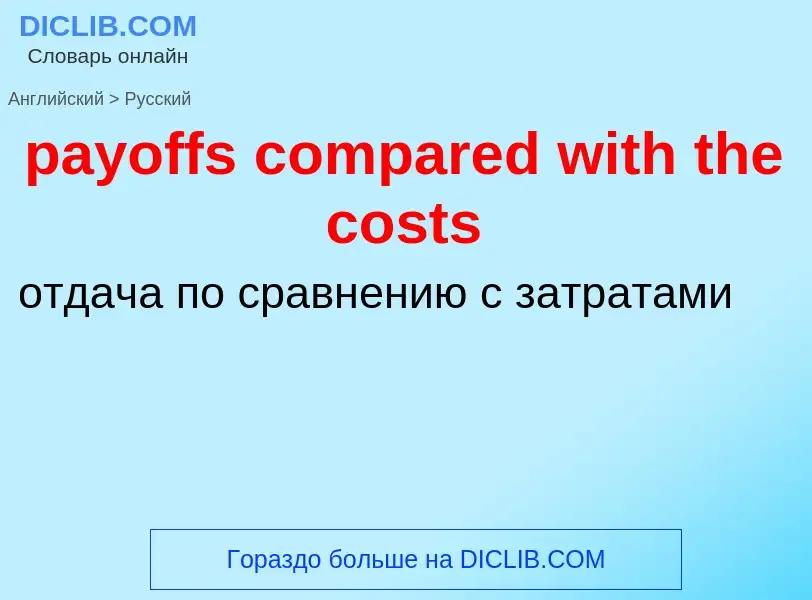Translation and analysis of words by ChatGPT artificial intelligence
On this page you can get a detailed analysis of a word or phrase, produced by the best artificial intelligence technology to date:
- how the word is used
- frequency of use
- it is used more often in oral or written speech
- word translation options
- usage examples (several phrases with translation)
- etymology
payoffs compared with the costs - translation to russian
[wið]
общая лексика
ссориться
синоним
предлог
общая лексика
указывает на
совместность (часто together with) (вместе) с
взаимоотношение с
пребывание в доме у кого-л. у
работу где-л. или у кого-л. в
смешивание, сочетание, добавление (вместе) с
к
средство на
за
наличие чего-л. и кого-л. у
при
с (собой)
"meat" begins with"m" - (слово) meat начинается с m
дополнительные обстоятельства или моменты причём
условия совершения действия в условиях
когда
при том
что
(по отношению) к
для
совместимость или сопоставимость наравне с
причину, источник чего-л. от
из-за
указывает на движение в том же направлении по
что касается
имеет уступительное значение (обычно with all) несмотря на
Definition
Wikipedia
In English civil litigation, costs are the lawyers' fees and disbursements of the parties.
In the absence of any order or directive regarding costs, each party is liable to pay their own solicitors' costs and disbursements such as a barrister's fees; in case of dispute, the court has jurisdiction to assess and determine the proper amount. In legal aid cases, a similar assessment will determine the costs which the solicitors will be paid from the Legal Aid Fund.
In most courts and tribunals, generally after a final judgment has been given, and possibly after any interim application, the judge has the power to order any party (and in exceptional cases even a third party, or any of the lawyers personally) to pay some or all of other parties' costs. The law of costs defines how such allocation is to take place. Even when a successful party obtains an order for costs against an opponent, it is usual that he may nevertheless still have to pay his solicitors a balance between the costs recoverable from the opponent and the total chargeable by his solicitor; and if the loser is unable to pay, then the order for costs may be worthless, and the successful party will remain fully liable to their own solicitors.


![Copy of a written deal by [[Christoph Haizmann]] from 1669. Copy of a written deal by [[Christoph Haizmann]] from 1669.](https://commons.wikimedia.org/wiki/Special:FilePath/Haitzmann pakt.jpg?width=200)
![[[Urbain Grandier]]'s alleged diabolical pact [[Urbain Grandier]]'s alleged diabolical pact](https://commons.wikimedia.org/wiki/Special:FilePath/UrbainPact2.jpg?width=200)
